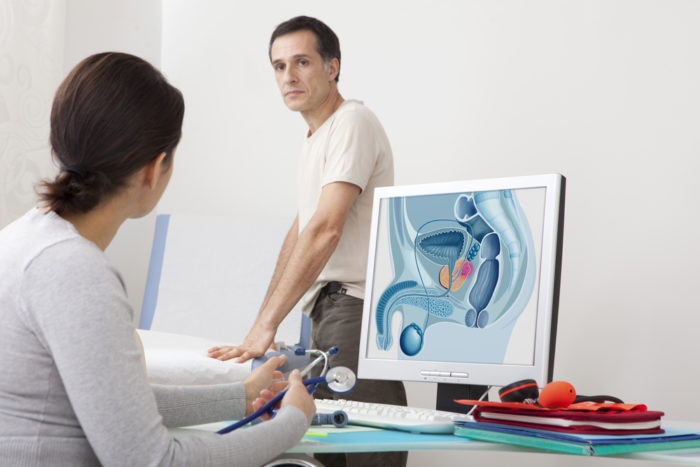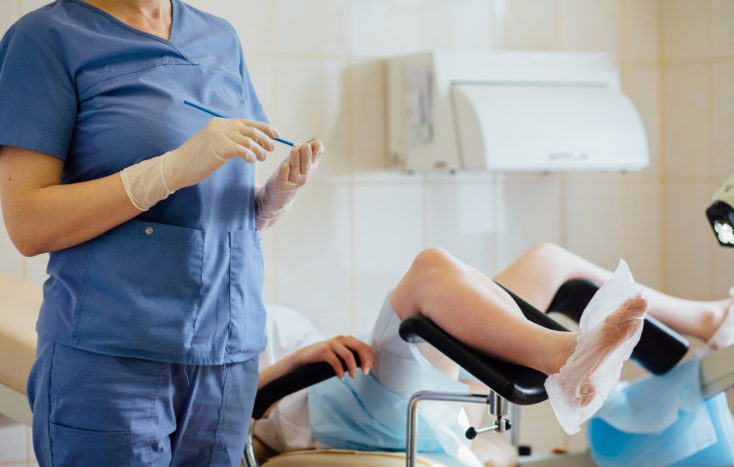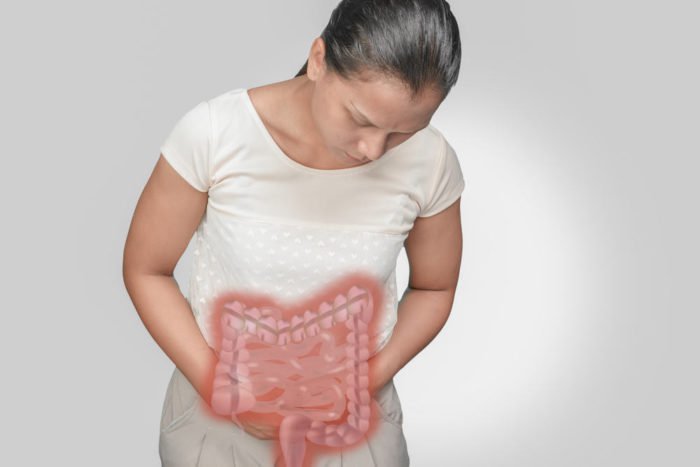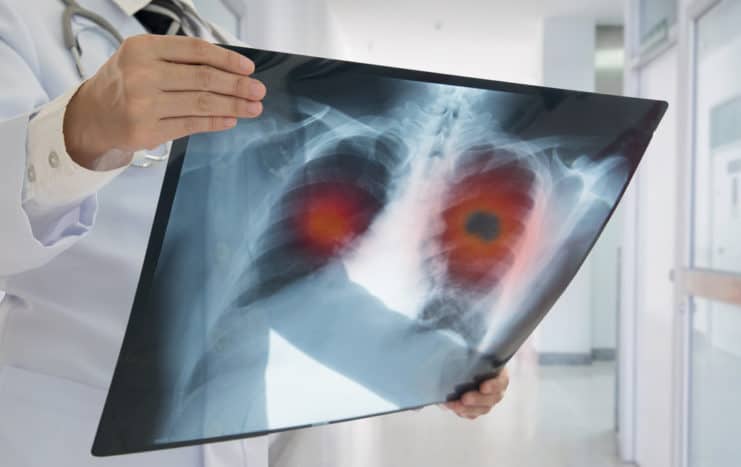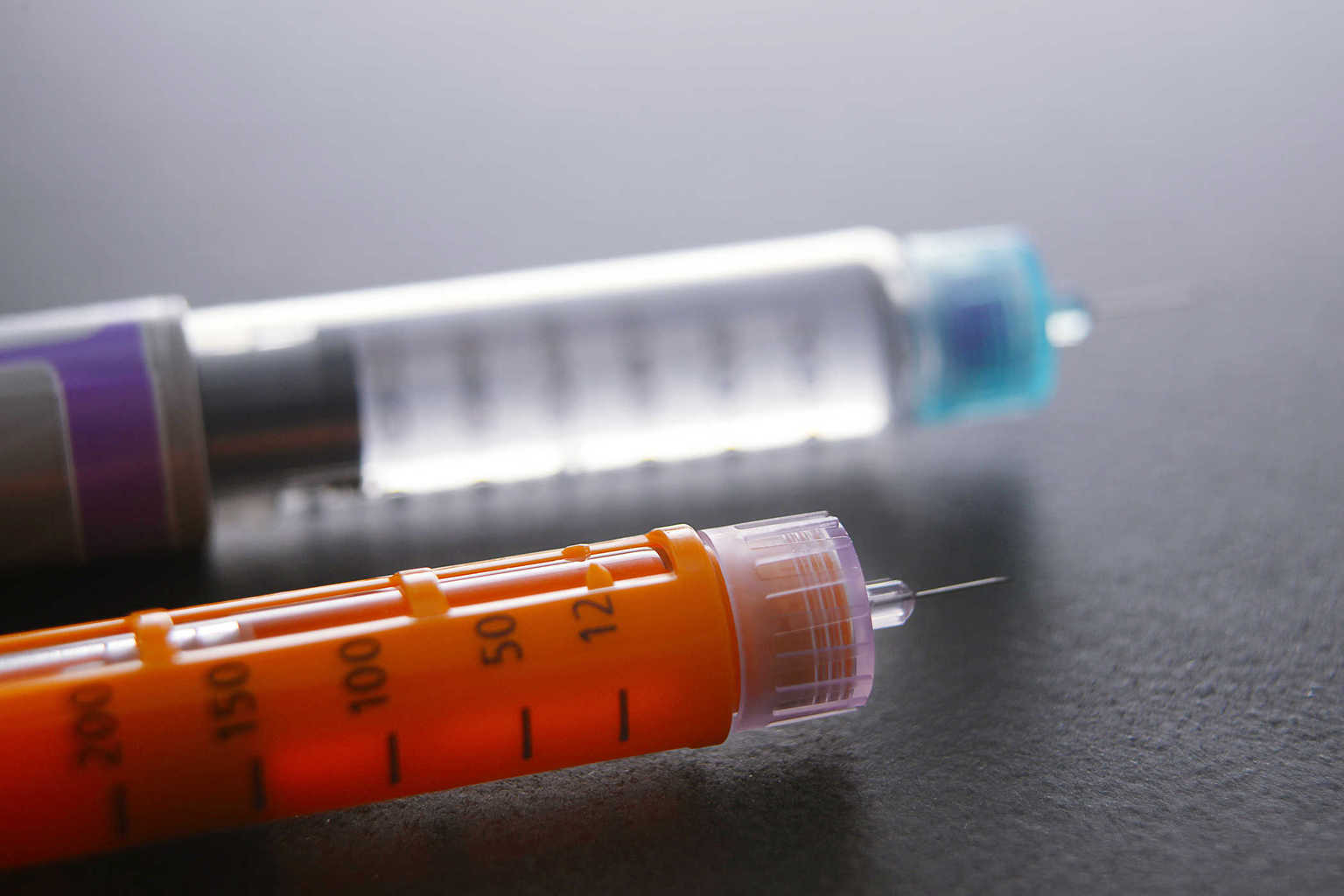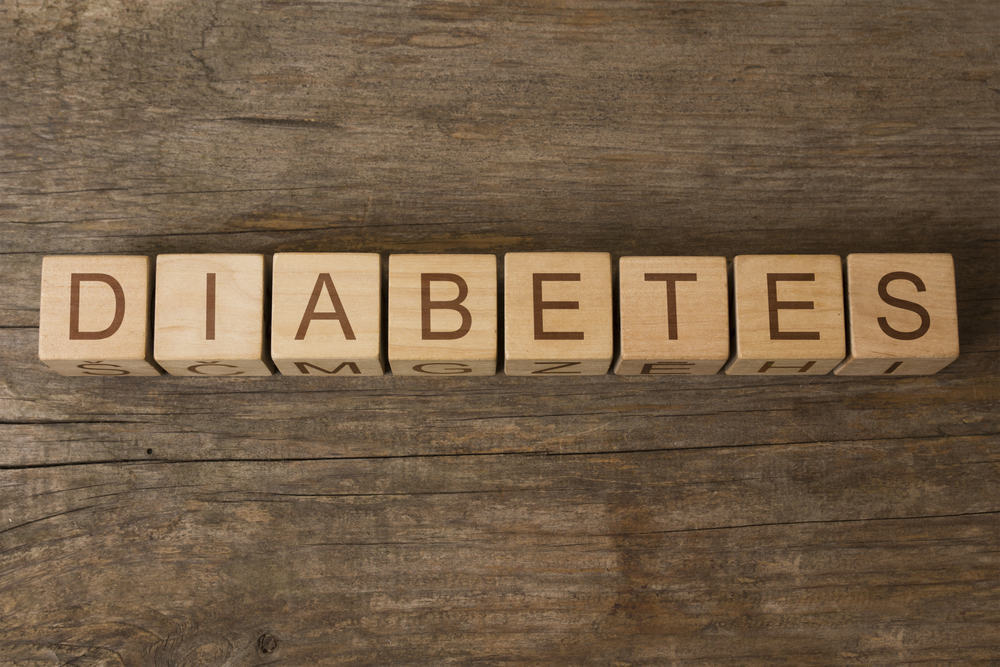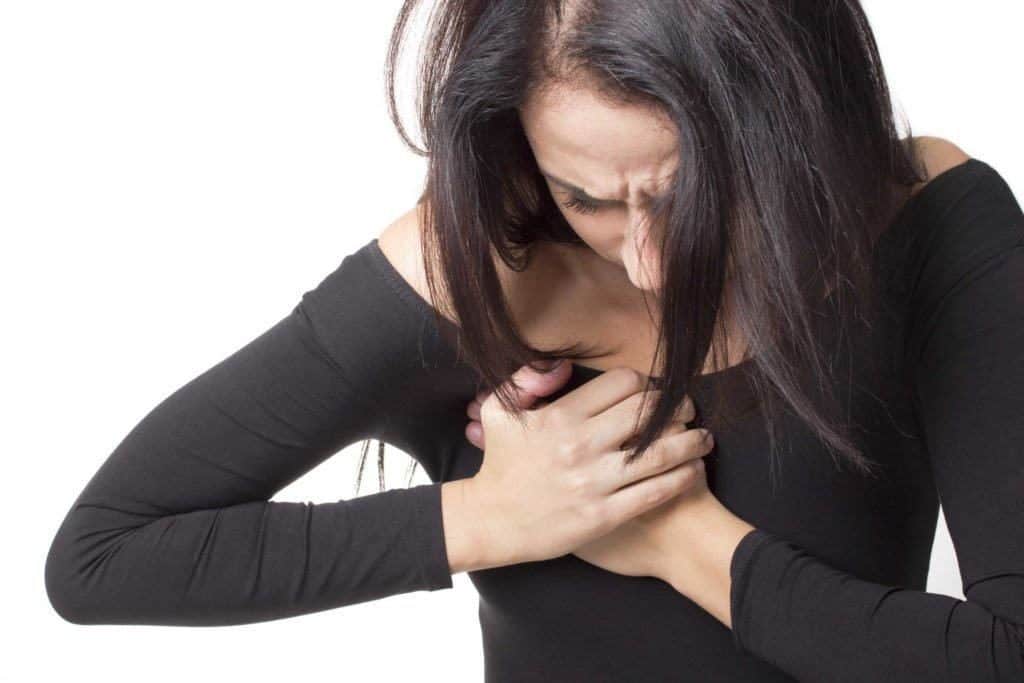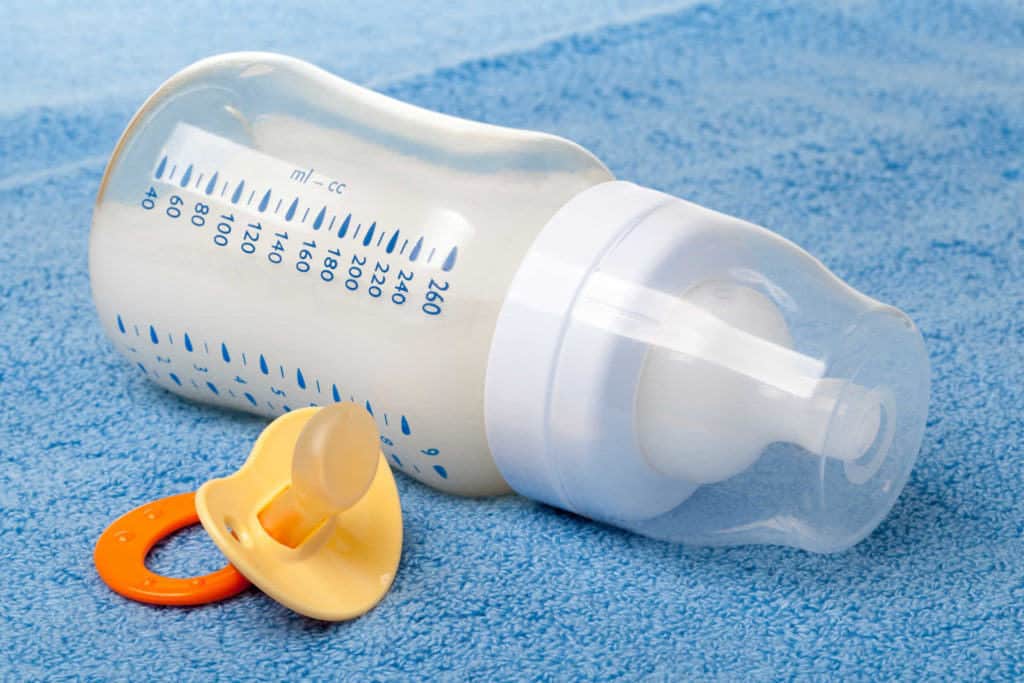Contents:
- Medical Video: How to do the bowel cancer screening test
- At what age should you start cancer screening?
- Breast cancer
- Prostate cancer
- Cervical cancer
- Colorectal cancer
- Lung cancer
Medical Video: How to do the bowel cancer screening test
Cancer screening is usually done to find the forerunner of cancer that does not show certain symptoms. In addition, screening is also done to detect cancer early before it spreads too wide and is difficult to cure.
At what age should you start cancer screening?
Different types of cancer, also different when screening. The following is the right age for cancer screening according to the type of cancer.
Breast cancer
Breast cancer is one of the diseases that women need to watch out for. Therefore, you need to pay more attention to your breast health. If you have a family history of breast cancer or other cancers, you should do breast cancer screening regularly.
Even though there are no definite benchmarks when you should start screening, most doctors ask you to do it around the age of 40. At this age, you can begin screening with mammography.
Women aged 45-54 years need a mammogram every year. While women aged 55 years and over need to do a mammogram every 2 years. This screening needs to be done even if you feel healthy because not all cancers show signs.
Prostate cancer
Entering the age of 50 you need to start thinking about prostate cancer screening. Especially if you have a family history of this cancer on this one, then screening should begin at the age of 45 years.
Even if you feel well, if there is a family with prostate cancer, you are also at risk. Try to consult a doctor before deciding to screen.
Cervical cancer
Cervical cancer is often referred to as the secret killer of women. Therefore it is very important for you to screen this one disease. Screening for cervical cancer needs to start since you are 21 years old. Here are the details:
- Women aged 21-29 years need to undergo a pap smear test every 3 years. If the results are abnormal, further testing is needed, HPV.
- Women aged 30-65 years need to undergo pap smears and HPV tests that are conducted every 5 years.
- Women aged 65 years and over who have undergone consecutive pap tests over the past 10 years with normal results can stop taking the test.
Meanwhile, women who have carried out the HPV vaccine also need to do an examination. While some women with medical history such as HIV infection and organ transplants need to consult first about the right time to do cervical cancer screening.
Colorectal cancer
Colorectal cancer is a type of cancer that grows in the large intestine (colon) or at the very bottom of the large intestine that is connected to the anus (rectum). The American Cancer Society recommends starting a routine examination since the age of 45 years.
If you are at high risk of having colorectal cancer such as having a family history of cancer, smoking, and having inflammatory bowel disease (IBD), don't let you miss screening.
Usually the examination is done by stool testing or by visual examination by looking at the condition of the colon and also the rectum. You can discuss with your doctor the type of test that is right for you.
Lung cancer
The American Cancer Society recommends annual cancer screening with low-dose CT scans (low-dose CT scan) for people who are at high risk of lung cancer.
This recommendation is especially for those aged 55-74 years, still active smokers or former smokers and have stopped in the last 15 years.
Previously, consult with your doctor about the condition of your body as a whole. Do not hesitate to ask about the examination stage and also the cost of the test so that you can prepare it carefully.



